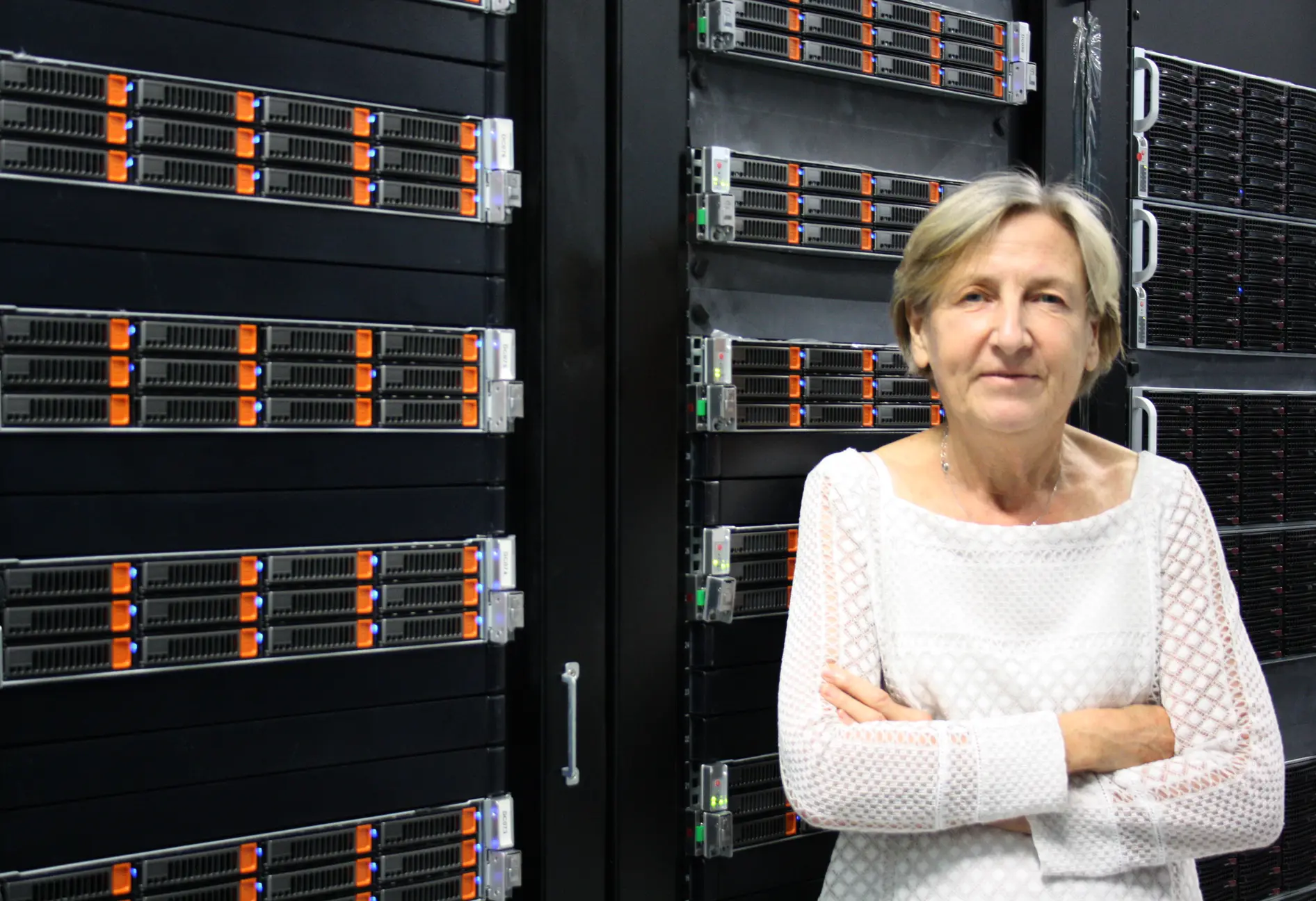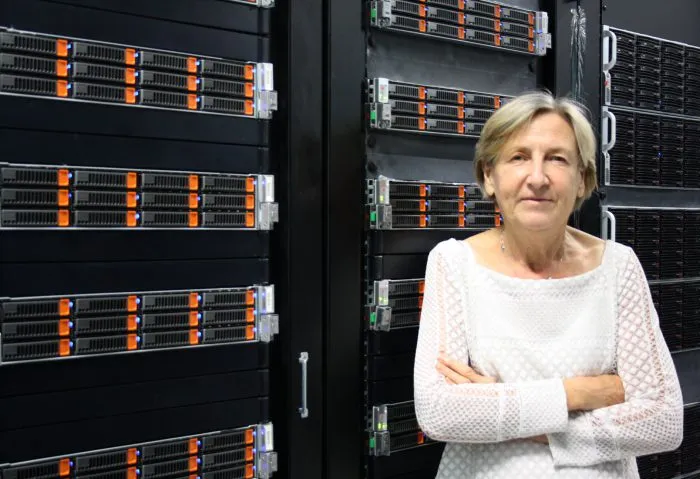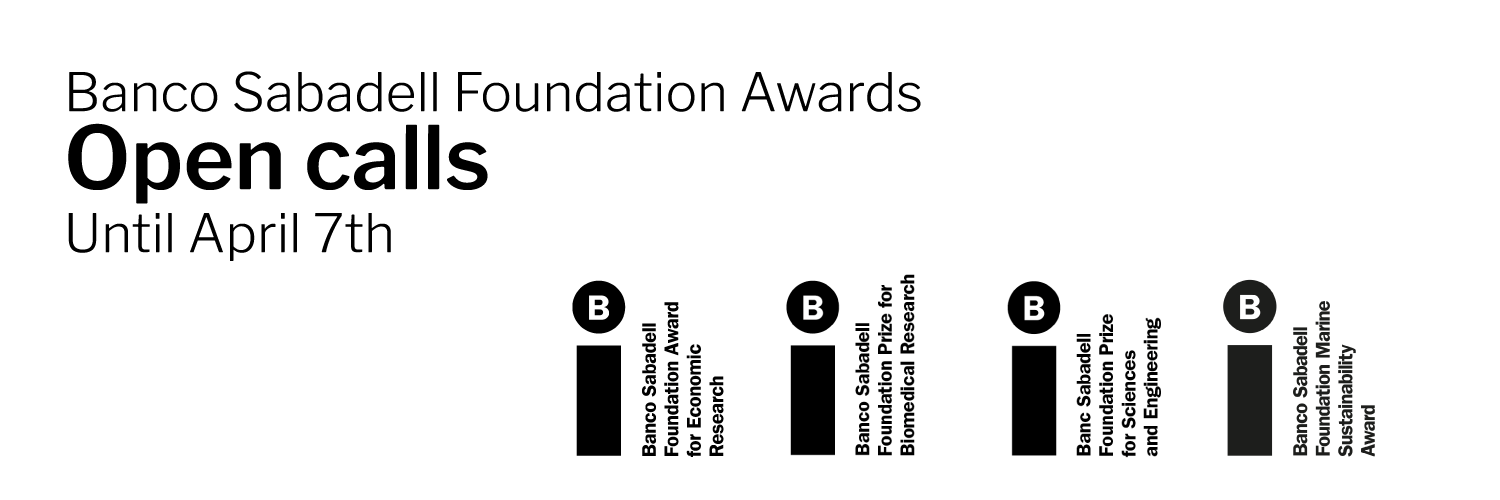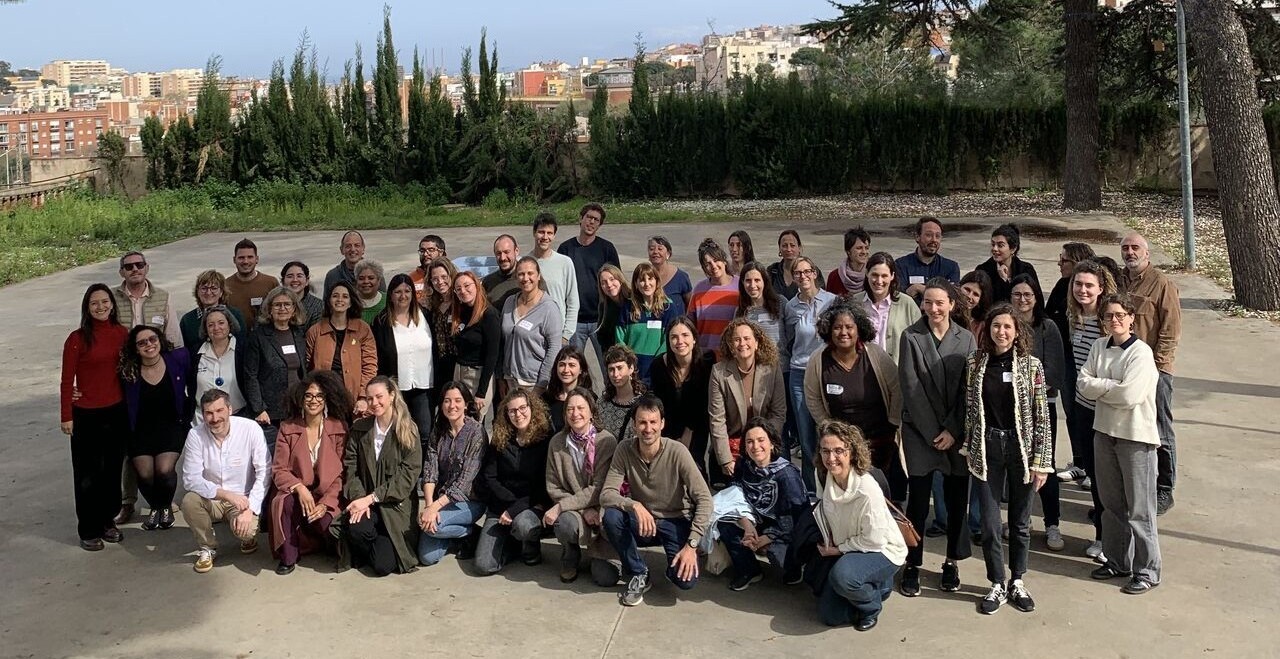
We have spoken to Martine Bosman, header researcher at the Institute of High Energy Physics (IFAE) BIST centre (Barcelona Institute of Science and Technology) with the ‘ATLAS’ project, to find out more information about her research line with the motive of the open call of the Banco Sabadell Foundation for Science and Engineering that we are hosting together with BIST…
Just so everybody can understand, what does your line of research consist of? My research forms part of particle physics, the study of elemental particles that comprise matter and which are responsible for transmitting the forces which affect them. It is also called high energy physics because they are often studied in collisions with accelerated particles with potent catalysts such as LHC (Large Hadron Collider) of the European Organisation for Nuclear Science for Nuclear Physics, in Geneva, Switzerland.
What role does science currently play in technology? And which role should it play in the majority of cases science is not understood without technology. To be able to observe phenomenon’s on a very small scale, or on the contrary, on a very large scale, very complex systems such as in biology or medicine. Very complex instruments are needed such as very powerful microscopes or very energetic particles (of catalysts) or very intense light (synchrotron light) or long distance telescopes etc. We need more than our own eyes, and more experimental data and information that we can write on paper. Research groups are increasingly bigger and international. They need very powerful computers to analyse the large quantities of data which are collected and make calculations using very sophisticated theoretical models which describe them. It is necessary to store and share this vast amount of data and information. Technology generates a beneficial circle. It enables developments in science, which at the same time, allows new technologies to be developed.
Do you think that the work of scientists in Spain is valued as it should be? I think that society in general positively values science and supports the training of scientists and research. It is seen as a tool for progress in the country. Science can transform society, generating improved welfare and also an economic development model in which competitivity is based more on technology than on low salaries. The volume and level of science in Spain has increased significantly and consistently during many years as the results of policies which support them. Unfortunately, the crisis in the last few years has changed this situation. Financing received by research groups have typically been reduced by 40% and the opportunities to be incorporated into the Spanish scientific system have been reduced. Scientists who move abroad to supplement and enrich their training find it difficult to return. If this situation persists, there will be very significant damage.
What impact does innovation have on science? Science is simply about always going one step further than what has been achieved or understood. This is where the impact of innovation lies. It is necessary to have new ideas, develop new methods, think of new connections, use new technologies or develop them, if necessary. This is how great progress is made.
How would you evaluate Banco Sabadell Foundation and BIST promoting the Science and Engineering Award to recognise the trajectory of young researchers? I think it is very important to give opportunities to new generations who are very well trained and have a lot to contribute. It is a source of motivation for them. We trust that they will help to maintain progress in science in Spain.



